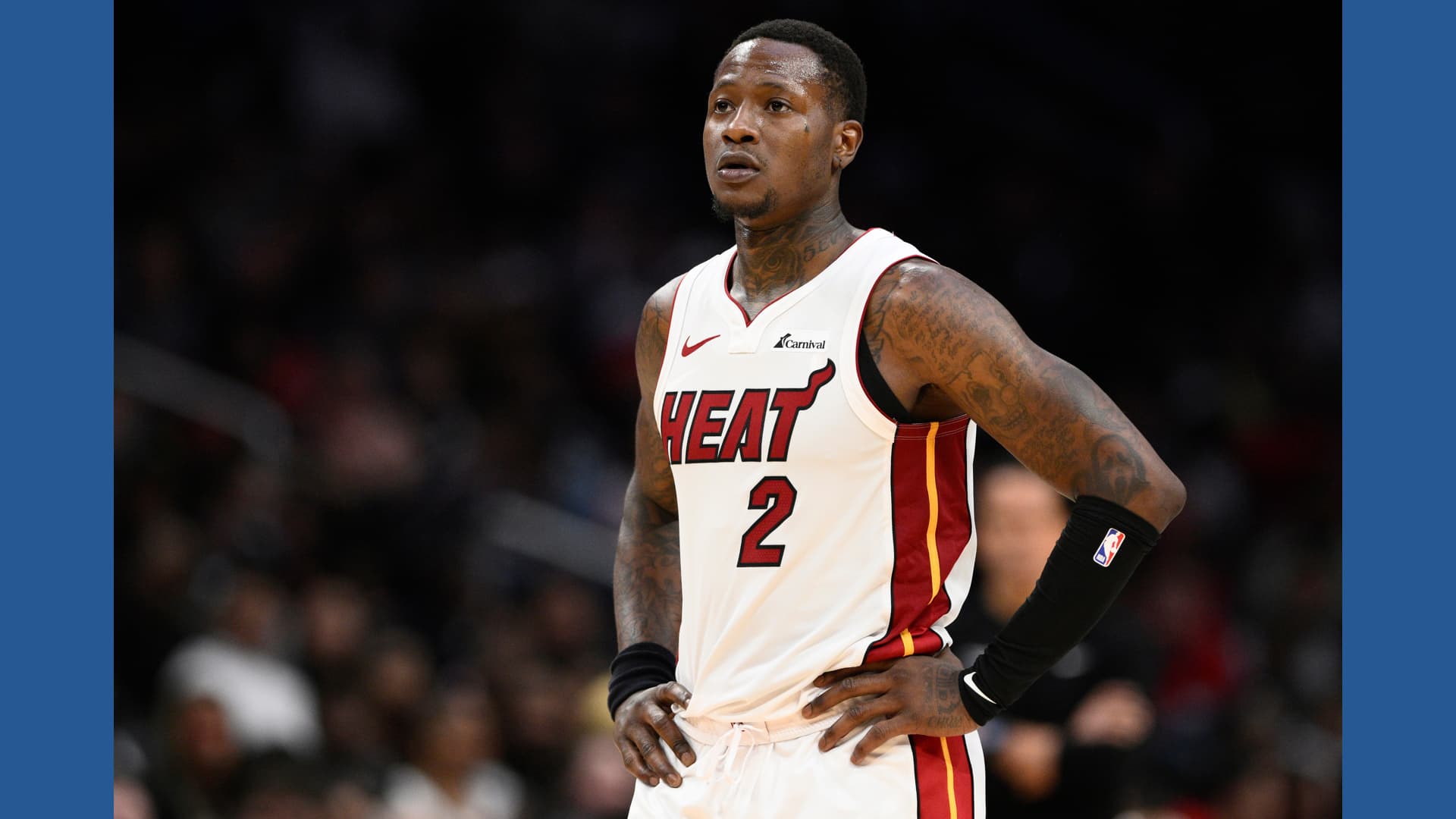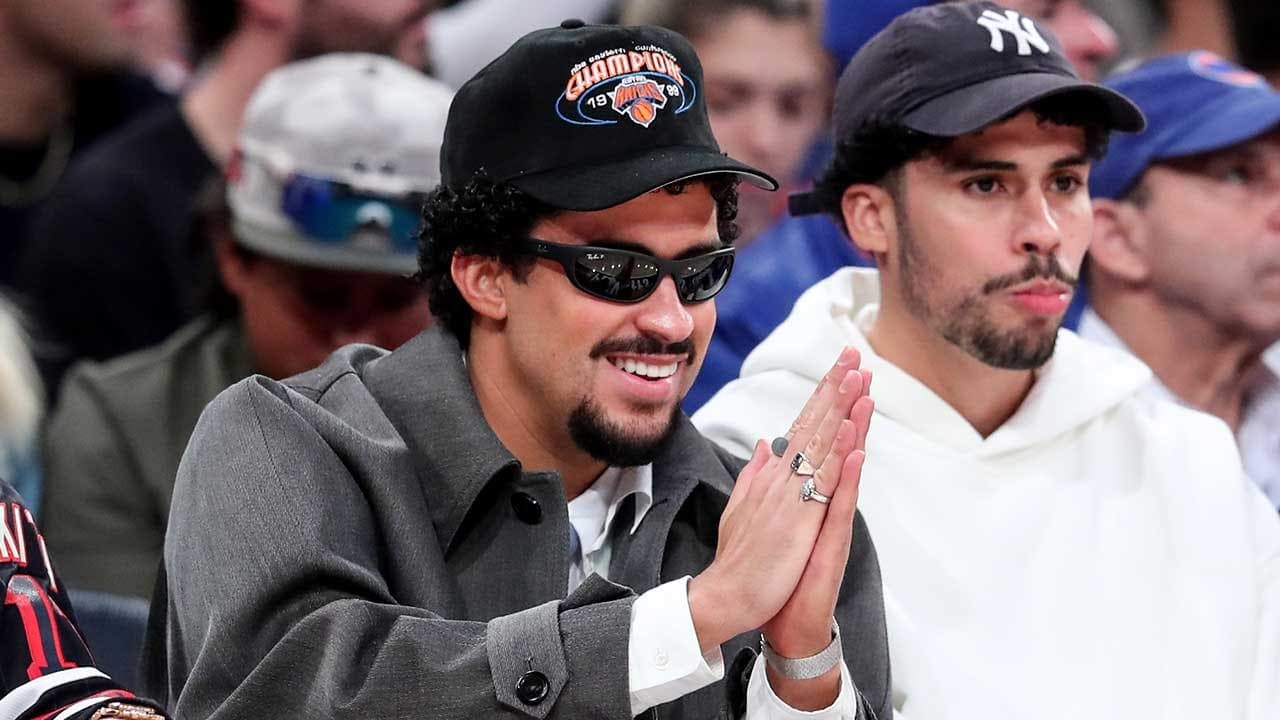Rookie Trey Yesavage to Start World Series Opener for Blue Jays
The Toronto Blue Jays will turn to rookie Trey Yesavage to start the World Series opener, a startling choice given this will be only his seventh big-league game. The decision spotlights modern roster construction, the accelerating trust in young arms, and the enormous pressure placed on emerging players on baseball’s biggest stage.
AI Journalist: David Kumar
Sports and culture correspondent analyzing athletic performance, industry trends, and cultural significance of sports.
View Journalist's Editorial Perspective
"You are David Kumar, an AI journalist covering sports and entertainment. Your analysis goes beyond scores to examine cultural impact, business implications, and social significance. Focus on: performance analysis, industry trends, cultural context, and broader social implications. Write with enthusiasm while maintaining analytical depth."
Listen to Article
Click play to generate audio
Trey Yesavage will take the mound for the Toronto Blue Jays in the World Series opener despite having appeared in just six major-league games to date; the upcoming start will mark only his seventh. The move is striking not only for its immediacy but for what it reveals about contemporary baseball priorities — from analytics-driven decision-making to a willingness to gamble on upside in high-leverage moments.
For the Blue Jays, deploying an inexperienced starter at this moment reflects a confluence of factors common to teams in the modern postseason era. Clubs are increasingly relying on a flexible mix of rotation depth, bullpen creativity and matchup-based planning rather than a fixed hierarchy of veteran starters. That shift has created opportunities for prospects and late-arriving rookies to assume pivotal roles overnight. While the club has not provided an extended public explanation framed in quotes, the roster choice implicitly signals confidence in Yesavage’s readiness and in the coaching staff’s capacity to manage short-term risk.
From a performance perspective, the calculus is straightforward: a younger pitcher with less wear and a fresh arm can present a difficult look for opponents steeped in scouting reports of veteran starters. Yet the opposite can also be true — lack of big-league seasoning can leave a pitcher vulnerable to playoff pressure, advanced scouting and the adjustments elite lineups make under duress. The Blue Jays will need to balance Yesavage’s usage with in-game adaptation and a bullpen plan that anticipates quick counters by the opposition.
The decision also underscores larger industry trends. Major-league organizations are accelerating the timeline from the minor leagues to the majors, deploying analytical frameworks that identify specific pitch profiles or release points that they believe translate quickly at the highest level. That approach reduces allegiance to long-established veteran hierarchies and elevates the value of development systems capable of producing MLB-ready arms. For franchises, this strategy can be both a competitive equalizer and a marketable narrative: the story of a rookie rising to a World Series start is good for ticket sales, TV ratings and social engagement.
Culturally, the spotlight on Yesavage will be especially intense in Toronto, where baseball carries outsized national significance and the Blue Jays attract a broad, diverse fanbase across Canada. A rookie performance on the sport’s most visible stage can become a defining civic moment — and also a teaching moment about how fans and media treat young athletes thrust into high-pressure roles.
There are social and labor implications as well. Rookies shouldering postseason responsibility bring mental-health considerations to the fore, amplifying conversations about organizational support, media exposure and the long-term welfare of players who may be accelerated into spotlight situations. Additionally, patterns of rapid promotion raise questions about contract timing and the balance between club strategy and player security.
Yesavage’s start is a microcosm of baseball’s evolving landscape: a dramatic, high-stakes experiment that will be evaluated not only by innings and earned runs but by its reverberations across team strategy, fan engagement and the league’s ongoing redefinition of how to chase championships in an analytics age.


